RACING AND THOROUGHBRED STUDS
WHAT DOES THE JOB INVOLVE?
Working with highly strung thoroughbred horses requires assertive handlers with initiative and good common horse sense. You must be on alert at all times and be able to deal with these lively, large and powerful creatures. The racing industry is exciting and fast-paced, and you need to be confident and hard working.
Work at the yard includes all the typical jobs such as mucking out, feeding up, moving horses from stables to paddocks, checking waters, changing rugs, tacking up for track work, loading horses onto trucks, assisting vets and farriers, and helping with breeding programmes including handling stallions, foals, breakers and broodmares.
A major job at many studs is to parade young horses in sales. You will need to be strong and confident and make your horse is excellently turned out. This may involve a lot of maintenance beforehand to ensure your horses are absolutely perfect.
There may be some riding involved although most of the horses are exercised by professional track riders. There are also jobs for those who have jockey experience so please let us know if this is something that would interest you.
Work hours:
You’ll work 5-6 days a week and as with most equine jobs, you will need to muck out early in the mornings and get horses in before dark.
You’ll need to be prepared to possibly spend time travelling to sales and races which can see you experiencing a range of locations and thrilling equine events.
Locations:
There are many racing studs and breeding programmes across Australia in New South Wales, Victoria, Queensland, Western Australia and South Australia.
The racing world typically centres in New South Wales in areas such as Scone, Musselbrook,Forbes, and down to Young, Yass and Goulburn. There are also lots of studs around Sydney, in Victoria and South Australia and in more populated areas of rural Australia. Some of these studs are remote but you will rarely be that far from civilisation.
Typical length of job:
Most of these jobs last approximately 3-6 months which is the maximum time that working holiday visa holders are allowed to work for one employer.
Often studs would like you to stay as long as possible so this can be a job for those who really want to commit to working with the possibility of staying in Australia.
Season:
The racing industry operates all year round with extra staff being required during times when there are big sales and racing events. For this reason, the jobs on offer can be slightly longer term than other horse industries.
Living conditions:
You will most likely be living in workers accommodation near the stables, or in a cottage or outbuilding on the stud with other workers. Meals or food to cook is usually provided as part of your wage.
Who does this suit?
The racing industry is a very exciting one and offers great work experience for those wanting to learn more about it. You must be prepared to do a lot of ground work and deal with established breeders and owners who will expect you to be able to handle their horses confidently.
This is a very social job and you’ll be living and working with lots of other grooms. In most cases phone signal and WiFi is pretty good. If you have any specific dietary requirements then this is often a good place for you to work as you should have better access to alternative foods and more often than not you will be able to cook for yourself .
There is a good chance that you may be able to travel to some of the best equine events and sales in the country and meet some really key figures in the racing industry. From horse owners to horse trainers, there are all sorts of connections to be made in the horse industry.
A person wanting to work in this industry must be strong and confident with handling high spirited horses, and be able to control them on the ground at all times. You must be willing to work with youngsters and stallions in sale rings, and help get them looking their very best.
This is a real opportunity to learn about the racing industry and often there is a chance to work for a longer period than jobs in other equine disciplines.

